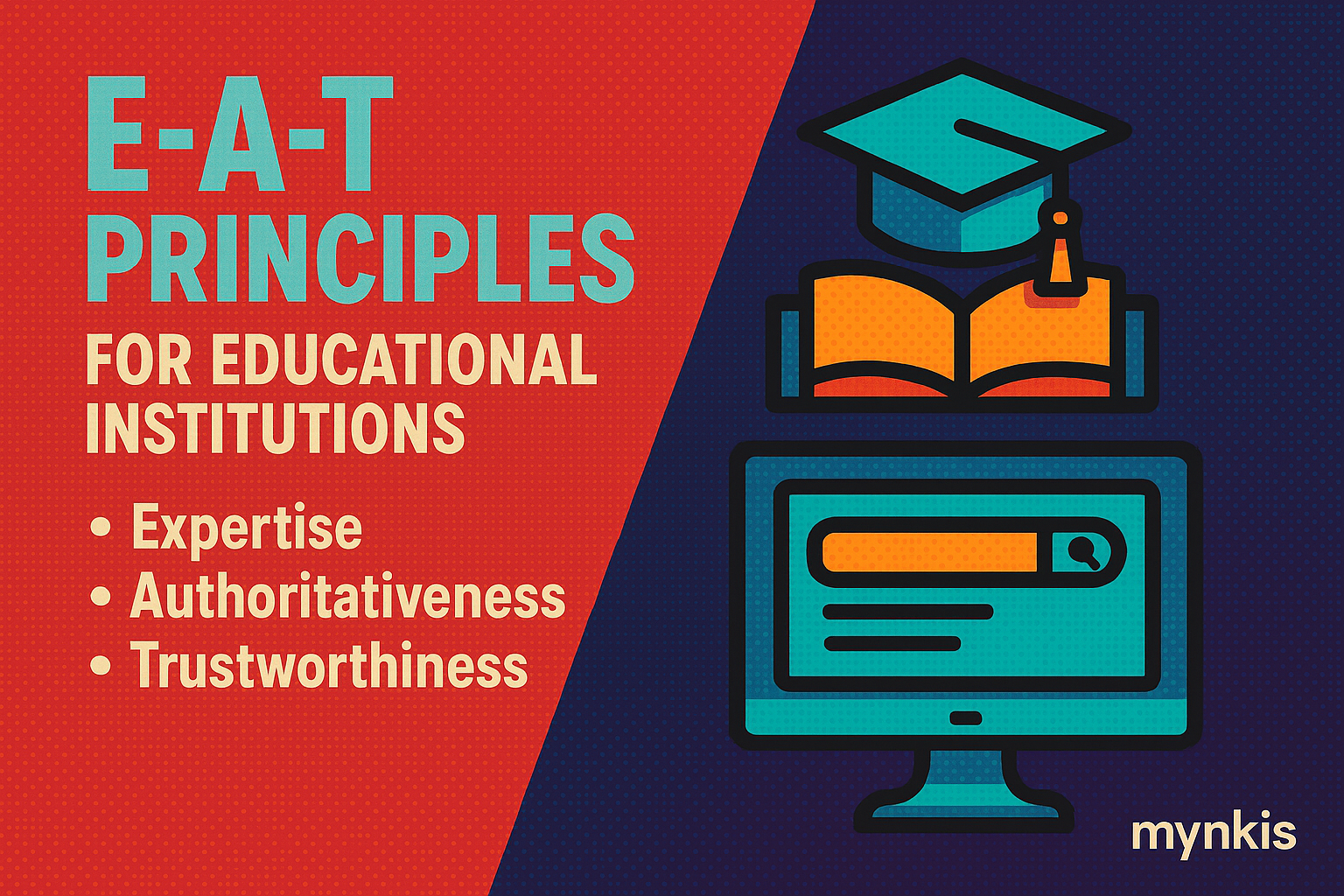Schedule a Demo
In the realm of search engine optimization (SEO) for schools and universities, E-A-T—or Experience, Expertise, Authoritativeness, and Trustworthiness—stands as a critical framework. As I delve into discussions with educational leaders about their online presence, the application of E-A-T principles directly influences how they attract potential students and stakeholders. The importance of demonstrating real-world experience through digital content cannot be overstated. When crafting educational websites and custom learning management systems, it's not just about listing qualifications or affiliations; it's about embedding the institution's journey and real-life stories within the site's fabric.
Experience, within the E-A-T model, goes beyond mere numbers and historical timelines; it's about capturing the essence of what it means to study at your institution. In my work with academic leaders, I've often seen how institutions leverage storytelling to showcase their legacy and the transformative journeys of their students. By integrating these narratives into web content and LMS systems, schools foster a deeper connection with prospective students. For example, video testimonials or interactive campus tours can demonstrate the experience students can expect.
Establishing expertise involves demonstrating a deep understanding of your field—and, in education, that means showing your school's role in academic innovation. I often refer educational content teams to publish research-backed blogs and white papers linking to respected sources like the U.S. Department of Education or the EDUCAUSE. When your website showcases faculty publications or participation in thought leadership events, it paints a picture of expertise that resonates strongly with the E-A-T criteria.
Authoritativeness in an educational context means establishing your institution as a dependable source of knowledge and influence. For schools and universities, this can include referencing relationships with industry partners or accreditations that differentiate your program from others. In my experience, prominently displaying accreditations on the university's homepage or within the custom LMS can substantially boost SEO by signaling expertise and reliability to search engines.
Trustworthiness is non-negotiable when building an educational online presence. It's about ensuring that every piece of content on your site adheres to the highest standards of integrity. Based on available research, while an institution's reputation plays a crucial role, maintaining transparency through clear privacy policies, contact information, and user-centric content also influences SEO. In aligning with E-A-T, schools need to ensure that students and their parents can find the information they need with ease and confidence.
When contemplating the integration of E-A-T principles into your educational institution's SEO strategy, think of it as crafting a student's journey from the search page to engagement. Start by regularly updating your website with content that reflects the current experiences of students—say, through regular news posts or success stories. Next, involve your educators in crafting pieces that reveal their expertise—not just their credentials. Authoritativeness might be built up by securing guest posts from leading scholars or by interviewing industry leaders whose careers align with your curriculum.
A custom learning management system (LMS) isn't merely a digital space for course material; it's an extension of your institution's commitment to E-A-T. My insights on working with LMS developers show that these systems can reflect and augment the experience, expertise, authoritativeness, and trustworthiness of an educational institution. A bespoke LMS that allows students to engage with real-time feedback and an interactive curriculum can deepen the experience of learning, exhibiting a school's hands-on commitment to students.
To illustrate the power of content in serving E-A-T, look no further than a detailed case study, such as how one university drastically improved search rankings by showcasing their expert faculty's published research and linking to third-party validations. This wasn't just about filling pages but curating an authoritative repository of knowledge that added immense value for both students and academics alike.
Nurturing the elements of E-A-T is an ongoing process of SEO diligence and content refinement. In my experience, regular audits of your website and LMS content against these principles are crucial. Not only does this help with SEO optimization but it also ensures that your digital platform stays aligned with institutional values. For example, conducting periodic reviews with stakeholders to ensure all content is current and represents the school's journey and expertise keeps your site dynamic and trustworthy.
The pursuit of high E-A-T goes beyond mere SEO metrics and touches the very heart of what it means to deliver education through digital platforms. As a custom software enthusiast, I believe the E-A-T framework not only aids in attracting the right eyes to your educational institution but also fundamentally enhances the quality and accessibility of learning. It's about enabling students to embark on meaningful educational journeys through content that resonates on all levels—expertise, experience, trustworthiness, and, ultimately, transformation.
